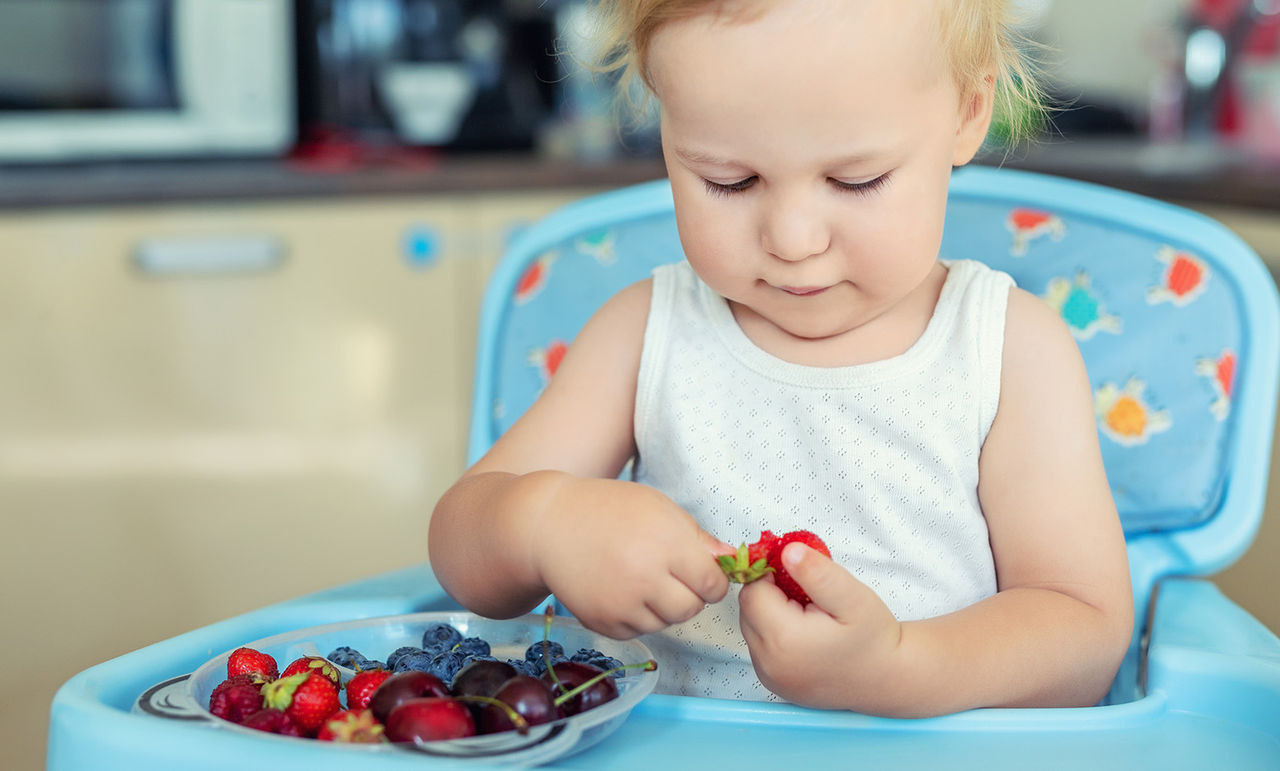Snotty young faces may have you reaching for the anti-bacterial solution, but there’s a lot to be gained for your child’s immune system when they get sick. The average Australian child catches 5-10 colds a year, and while it sounds like a lot, each bout is an essential building block in their immunity.Children start building immune defences from a very young age, and they continue to develop throughout the first few years of their life. This coincides neatly with the huge milestone of their first days of day care – a new and bacteria-rich environment. In this setting, you can expect plenty more coughs, runny noses and hot foreheads. But rather than see this as a negative, you can embrace it for the immunity builder it is.Any illness, of course, should still be taken seriously, but there are several steps you can take to ensure it’s a positive experience. Building a base of good nutrition, getting up-to-date vaccinations, knowing what to look for in symptoms, and understanding how to fast track recovery, are all ways you can ensure your child is benefitting from illness, while also being safe.
A good, nutritional defence is a strong offence
Childhood colds are inevitable, but they are important for building your child’s immune system. However, that doesn’t mean you can’t take steps to reduce frequency and intensity. Starting at home, give your kids the best chance of fighting off any bugs they might pick up from kids in childcare with nutrition. Ensure family meals have plenty of foods rich in vitamins and minerals, to give children a solid foundation for their immune defences.Most vitamins and minerals needed for the development and nourishment of the immune system, like zinc and vitamin E, A and C, can be sourced from a healthy diet of leafy green veggies, vegetable oils, dairy, grains, beans and seeds. If you think your child is not getting enough of these nutrients from food, you could also consider a toddler milk drink that is specifically enriched with ingredients that support the immune system. A toddler milk supplement is a nutritional back up when your toddler food intake is not adequate. One of the brands that support the immune system is Aptamil Toddler. If you still have concerns, we recommend speaking to a health care professional.Getting everyone in the house to practise good hygiene, like washing hands regularly (especially before eating, drinking and preparing food), sets a great example for little ones in restricting the spread of cold and flu. Finally, nutrition and good hygiene aren’t the only ways you can prepare your child for fending off illness. Bacterial infections are also common illnesses contracted by children, and are best prevented by following the standard vaccination schedule.
200 different viruses and no cold vaccine
Cold and flu are both viruses – and there are around 200 of them. While vaccines can minimise the risk of contracting the flu, a vaccine for the common cold does not exist. If your child does catch the flu, it’s important to keep them home from day care to prevent them passing it on to other kids. Most of the time, all your child will need is lots of rest and plenty of hydrating fluids.A healthy eating regime is especially important when your child is unwell, so stick to nutrient-rich foods that will help them fight off their virus. Soon enough, they’ll be feeling strong – and ready to play with their friends again. If their appetite is poor, a toddler milk drink maybe an appropriate alternative to be consumed as part of a balanced diet as it contains additional ingredients that support the immune system and cognitive function like iodine, iron and zinc. Aptamil Toddler milk provides at least 20%-50% of the recommended dietary intake of 16 essential vitamins and minerals.





